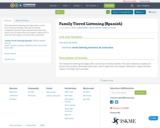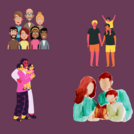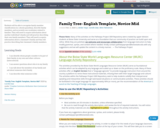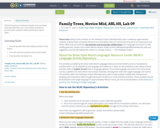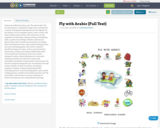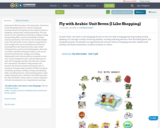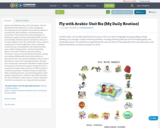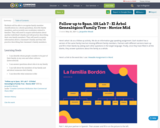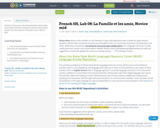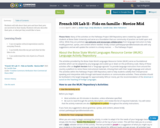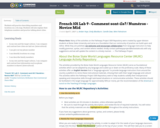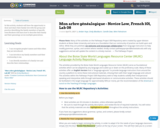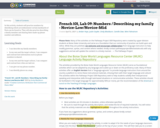Authored by Belal Joundeya, the "Fly with Arabic" full text document is comprised of eight units, and features a variety of language-learning lessons tied together by fun themes, such as weather, sports, travel, school, and other hobbies and activities. The units focus on the acquisition of listening, reading, writing, and speaking skills, as well as knowledge of Arabic cultures and history.
Most units contain several lessons, including fill-in-the-blank exercises, open-ended writing practice, and word-matching games, that seek to reinforce specific learning outcomes, such as oral and written production, writing, and reading. Additionally, brief cultural drills are included in each unit, and are designed to add a cultural dimension to each unit's language activities. All units also contain self- assessment checklists to help monitor and measure the learner's progress during the unit.
In summary, through using a number of drills to produce vocabulary, grammar, reading, writing, and speaking skills, including pictures, word-matching games, open-ended writing practice, and fill-in-the-blank exercises, the "Fly with Arabic" series seeks to connect all phases of Arabic-learning into one comprehensive package.
